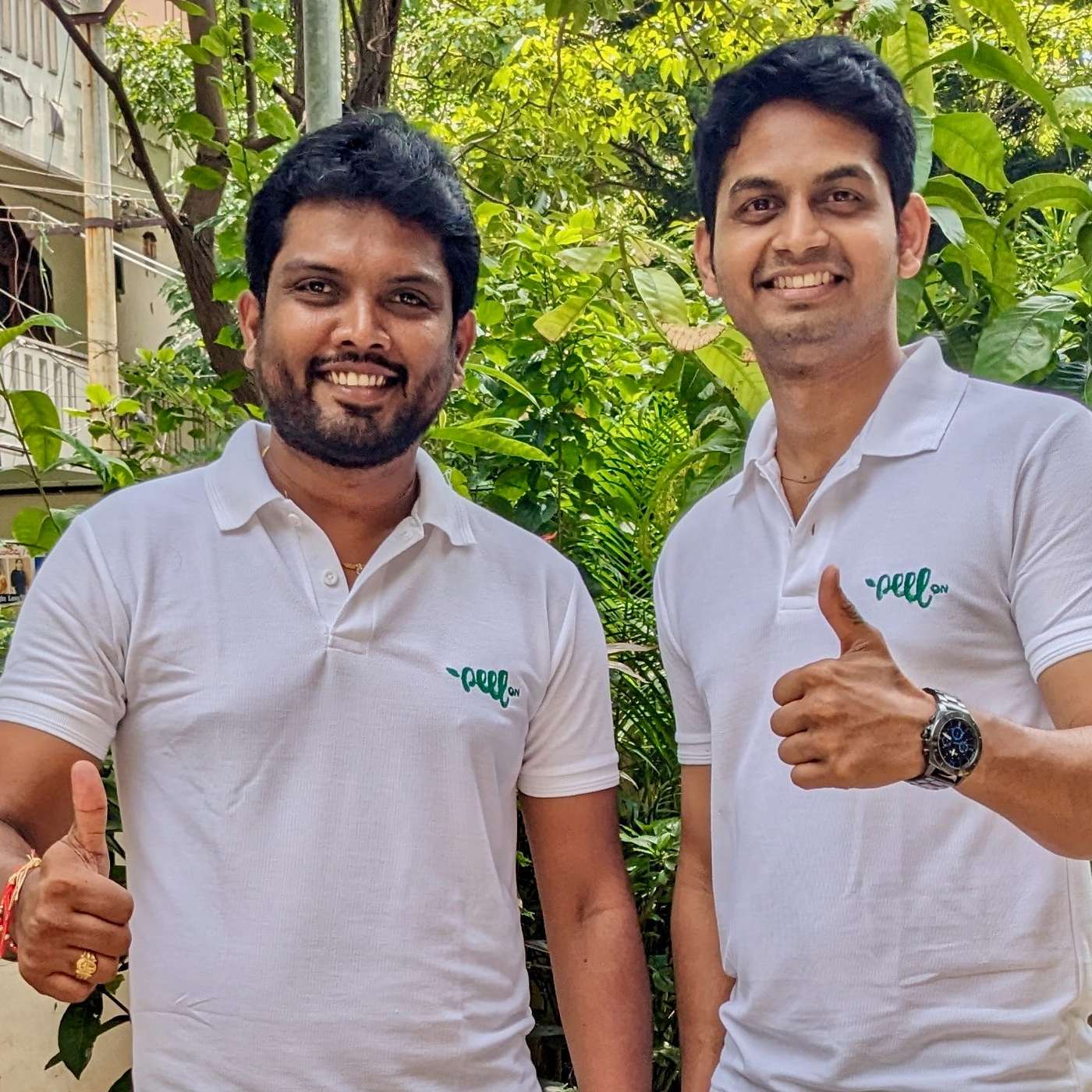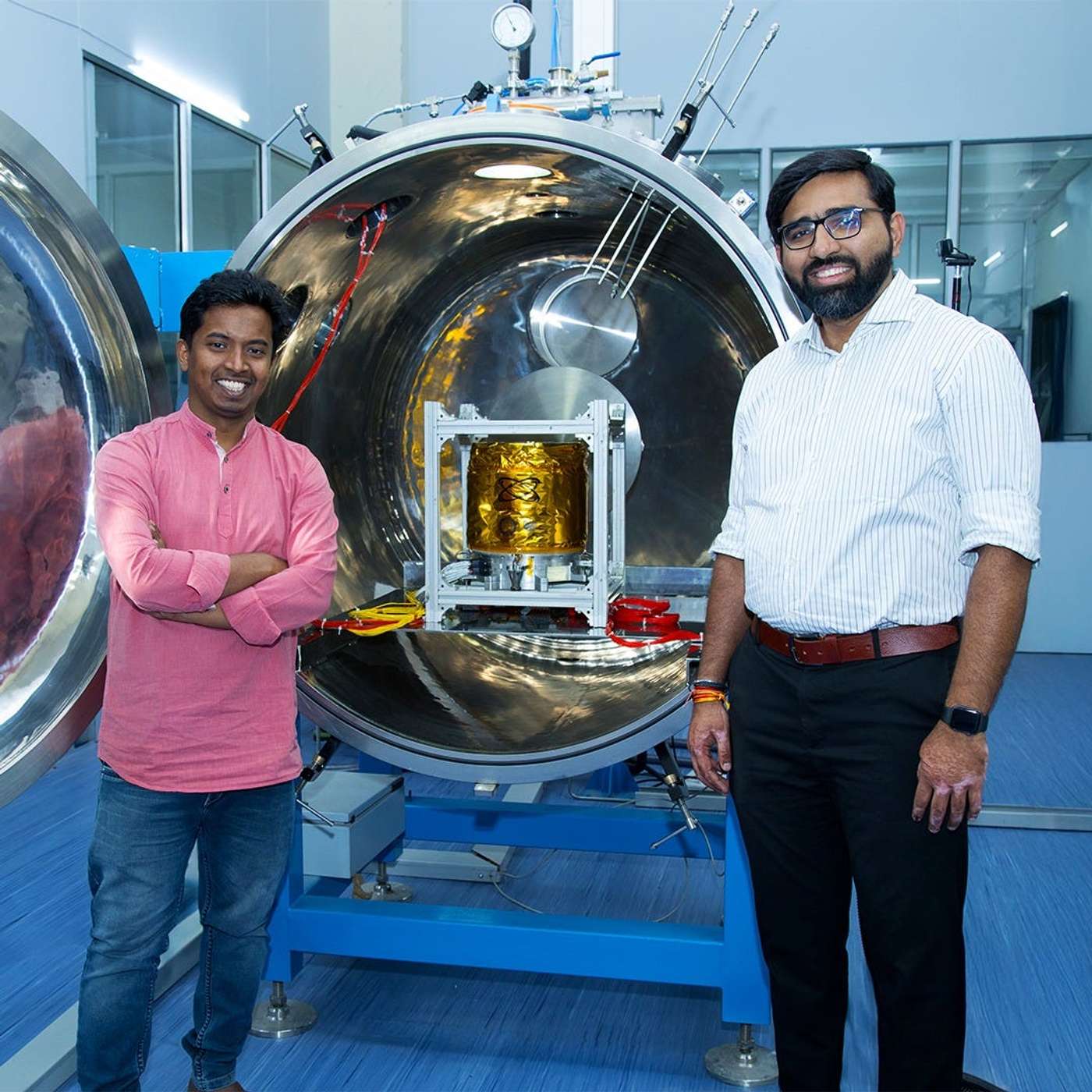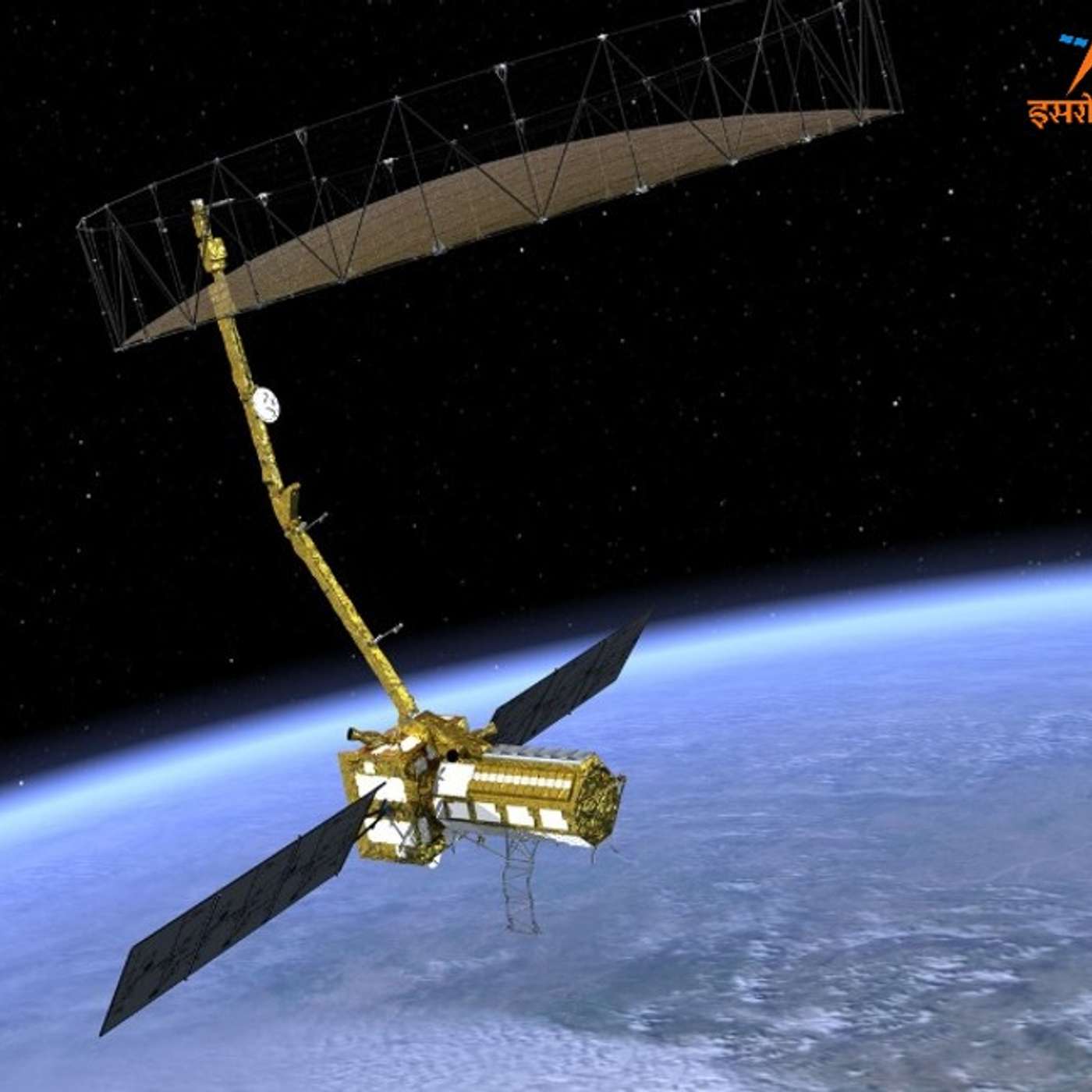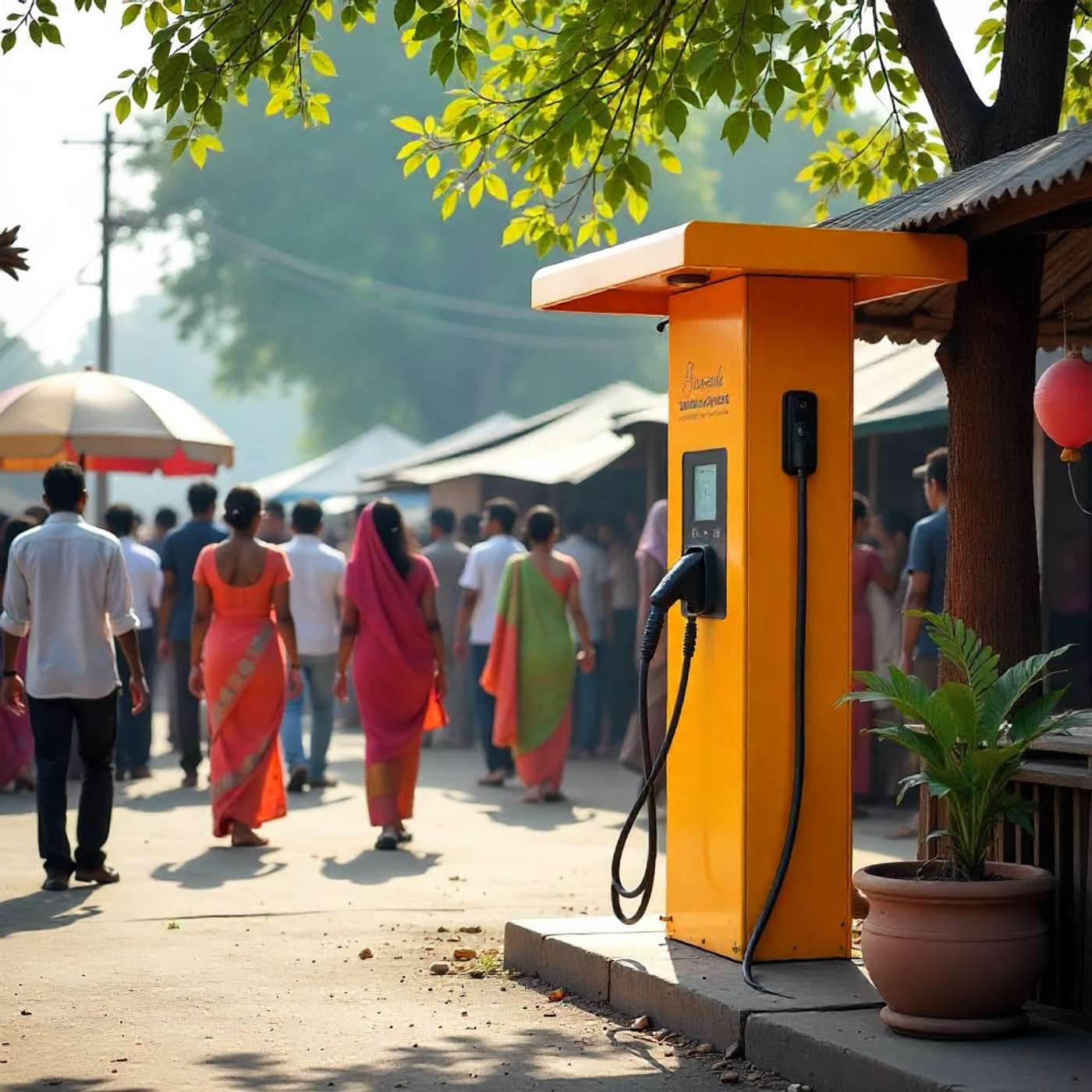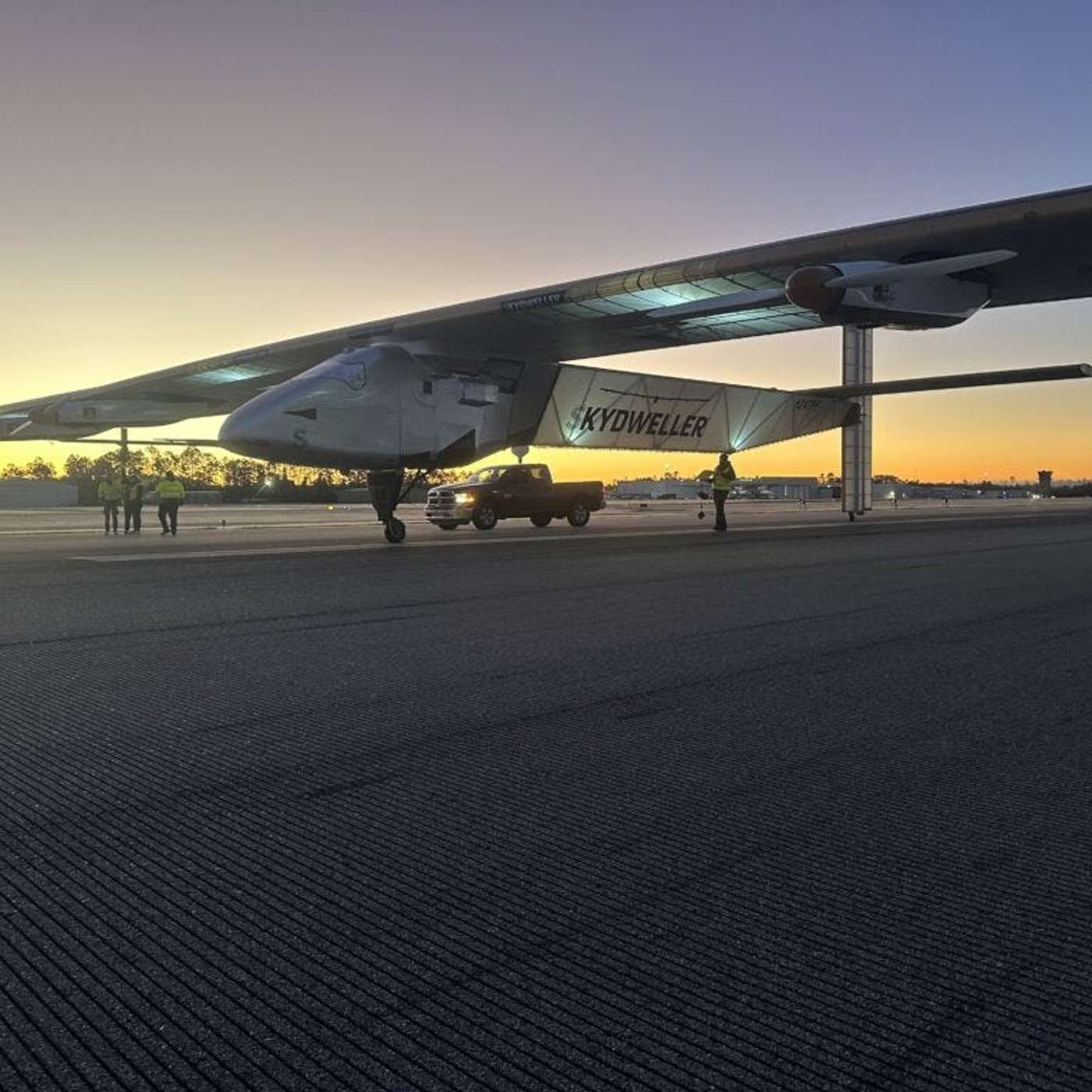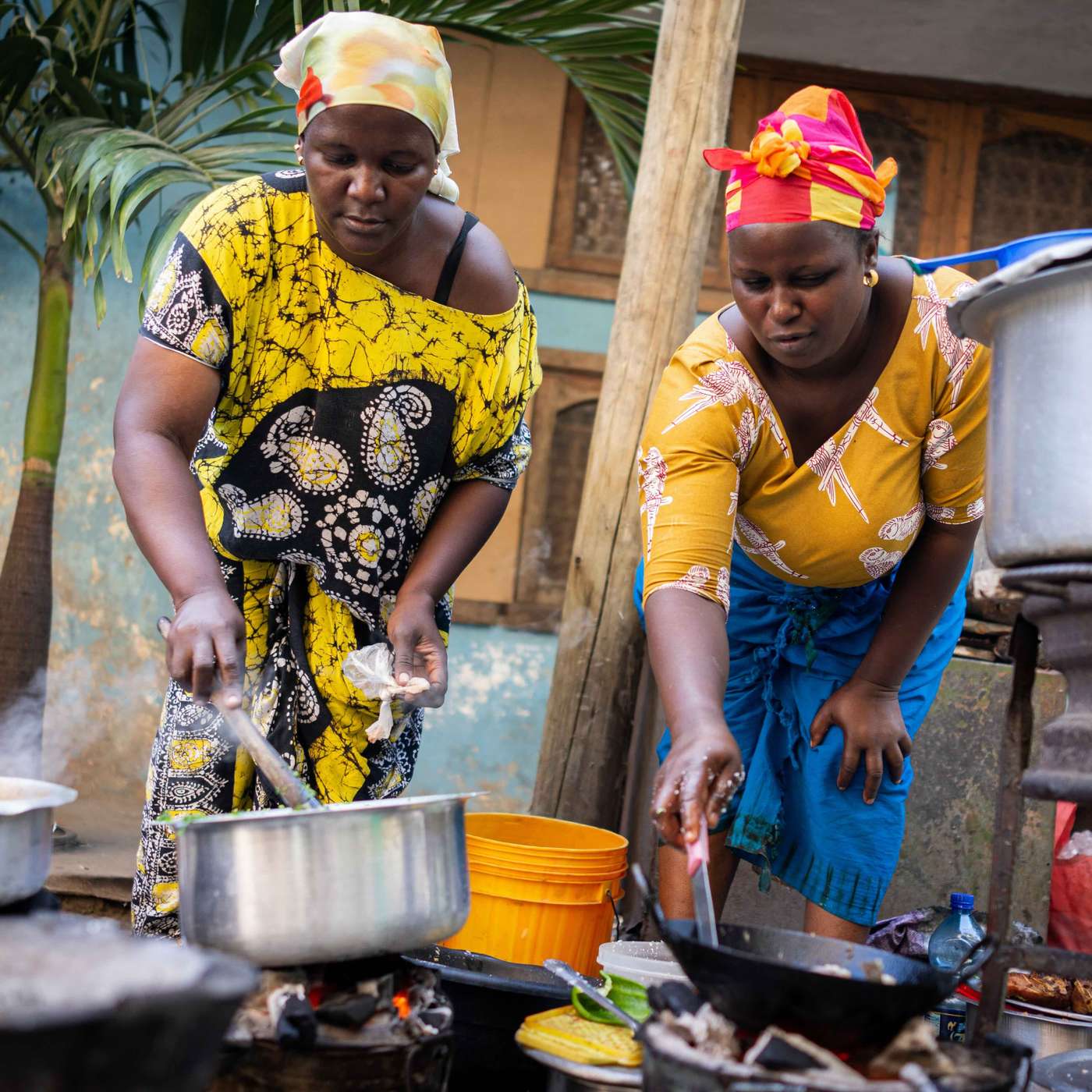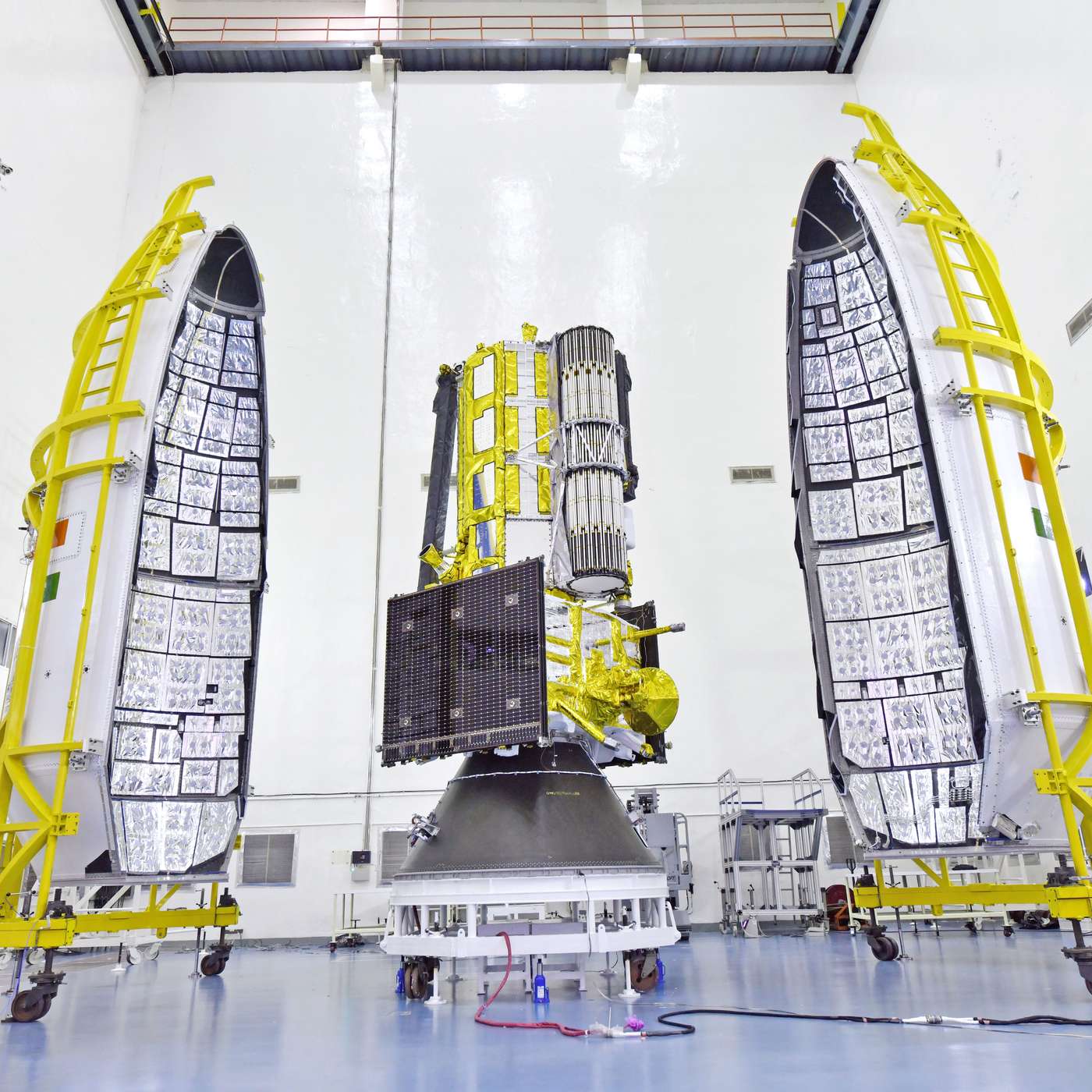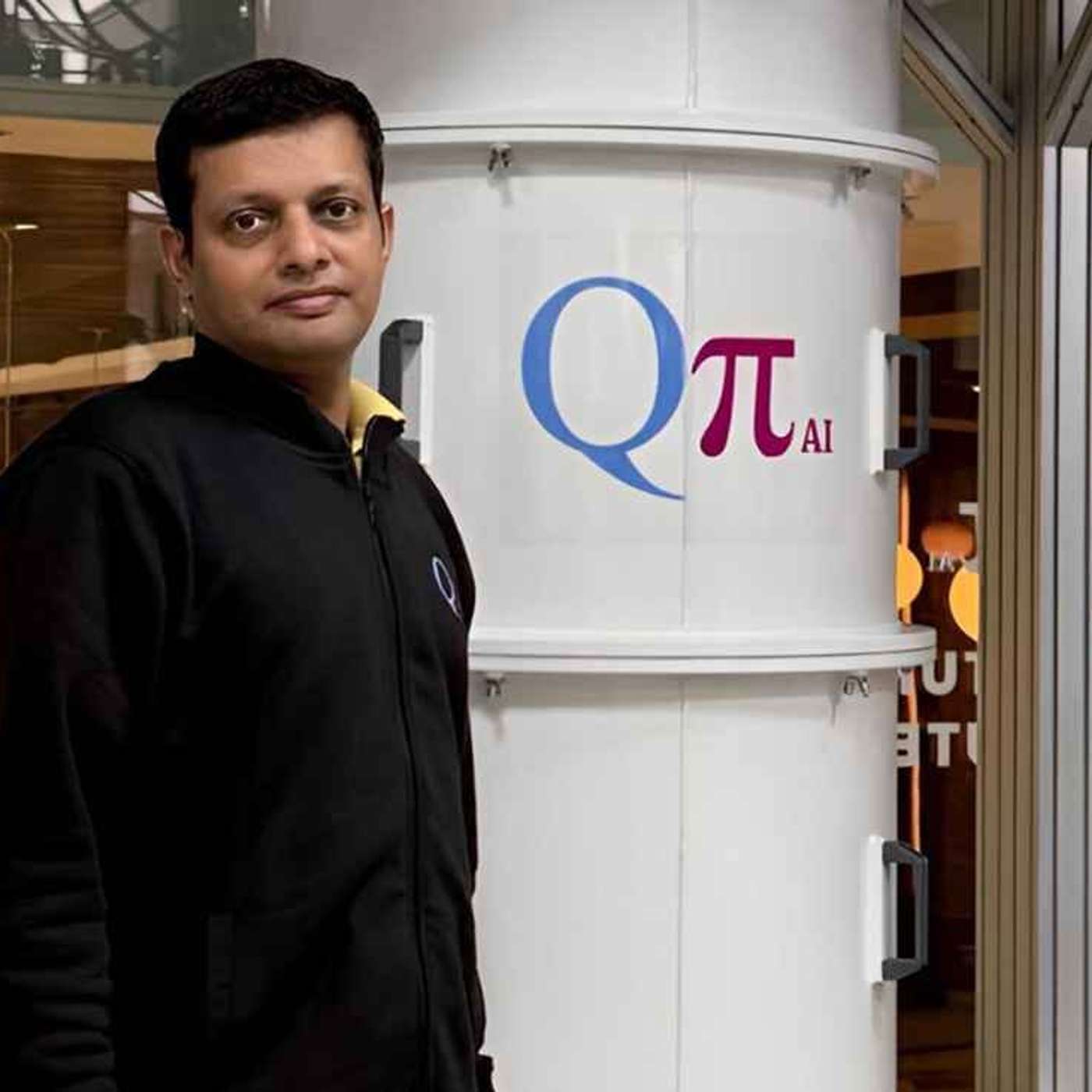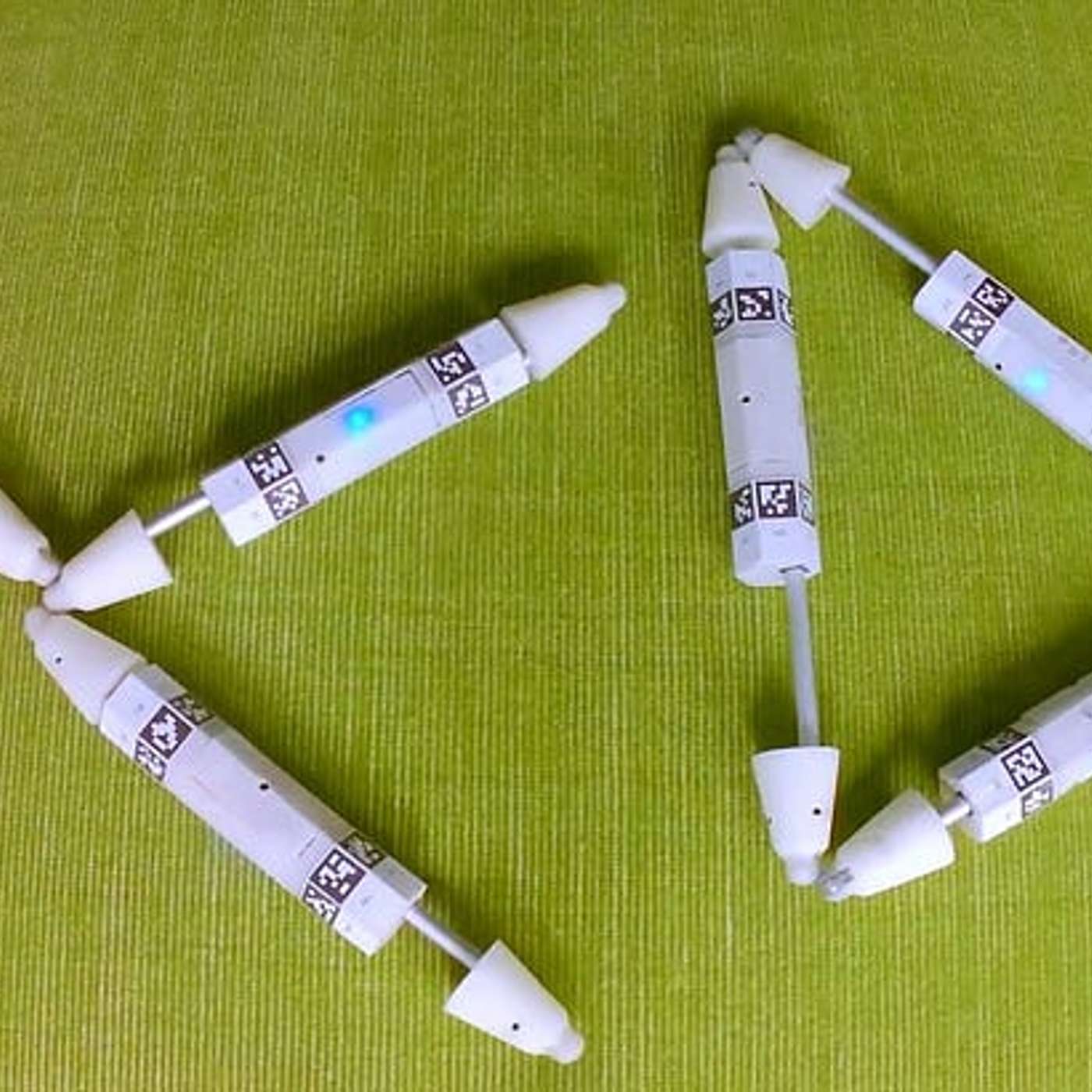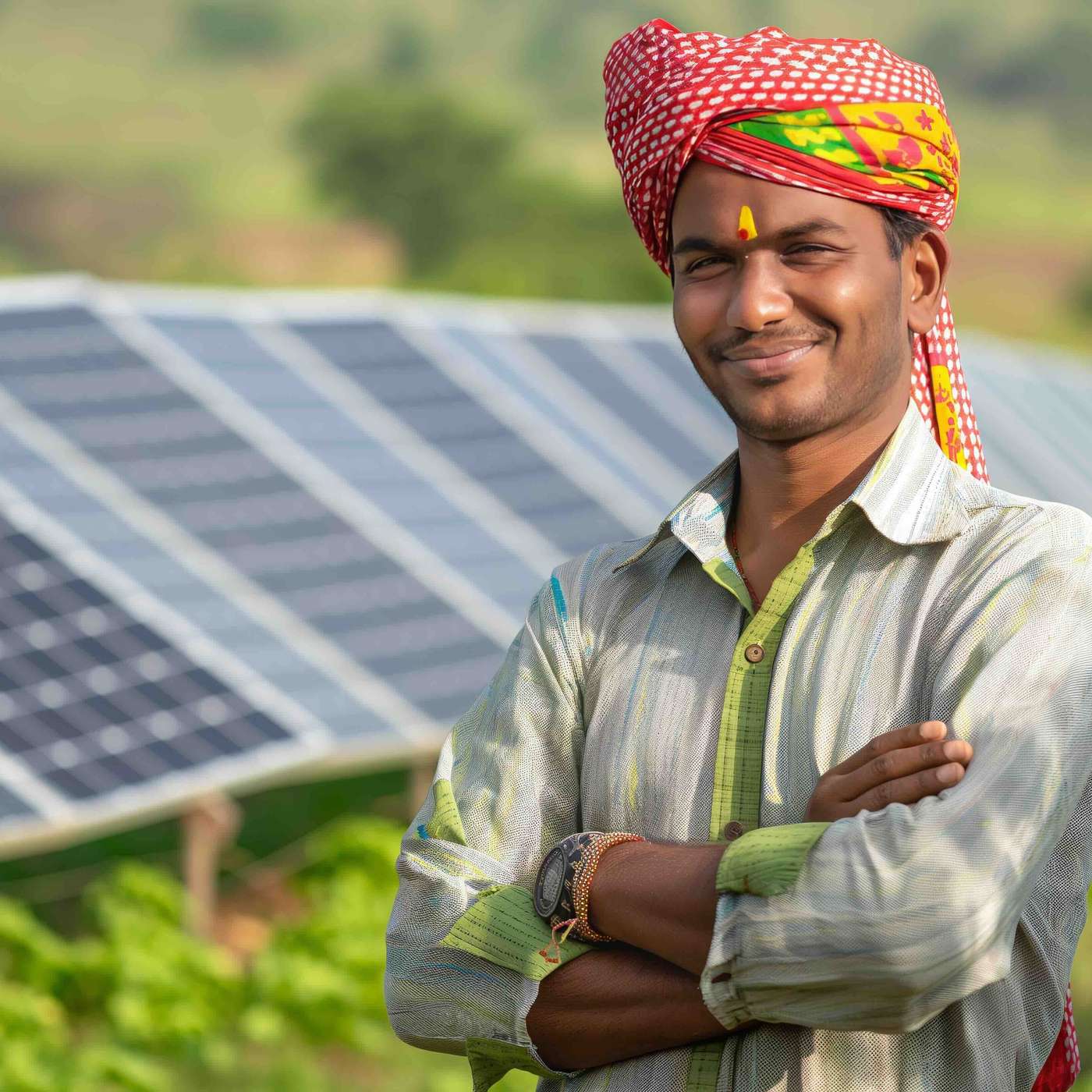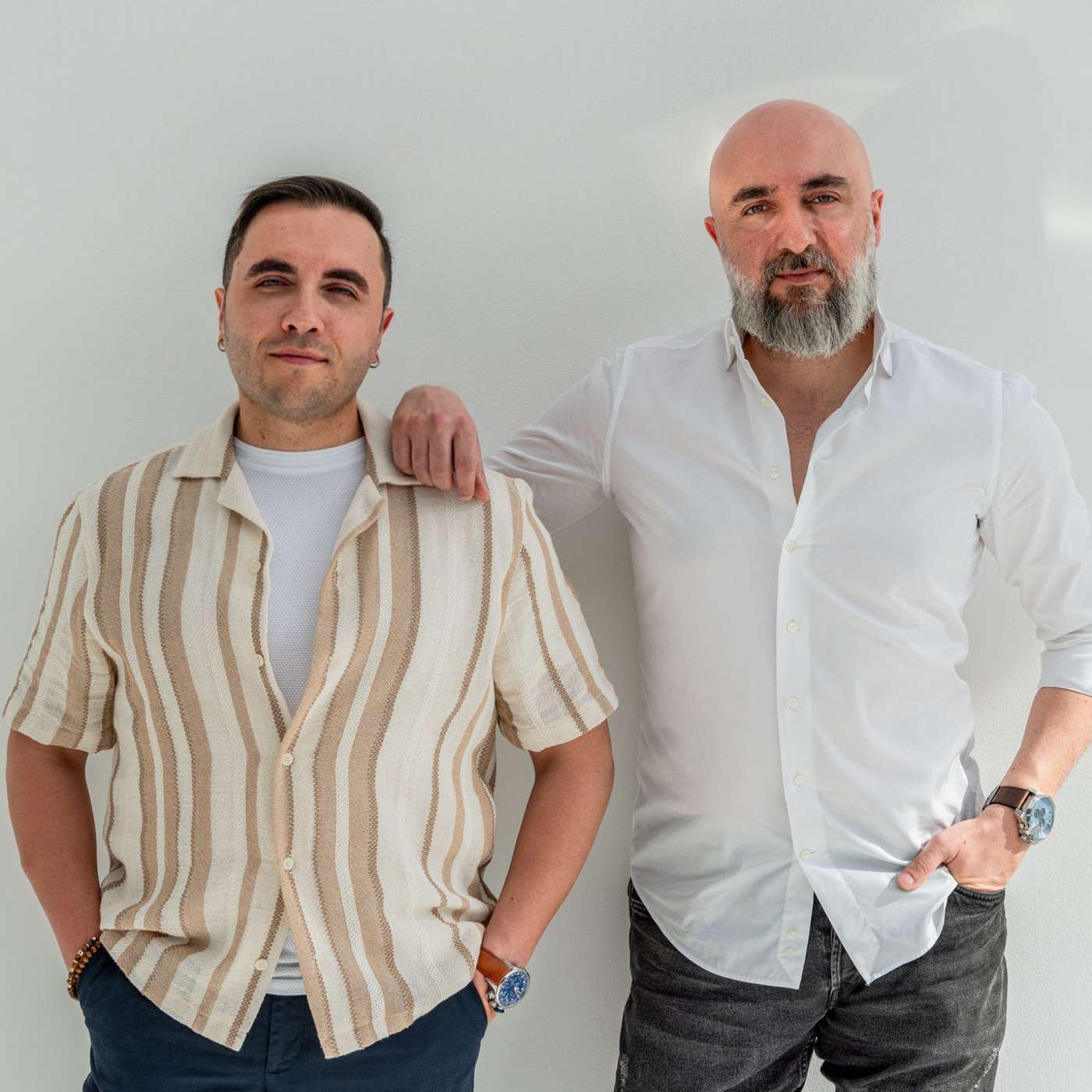India approves Rs. 1,500 crore critical mineral recycling plan
Description
Indian cabinet approves Rs.1,500 crore plan for mineral recycling
India’s Union Cabinet has cleared a six-year, Rs.1,500 crore incentive plan under the National Critical Mineral Mission to boost recycling of battery waste and e-waste for extracting critical minerals, according to a press release on the PM India website. The policy targets both large and small recyclers, offering capital and operational subsidies and aims to create 270 kT recycling capacity, 40 kT mineral output, Rs. 8,000 crore investment, and 70,000 jobs. The plan is expected to strengthen supply chain resilience.
EIC Scaling Club members raise over €1.2 billion in funding
The European Innovation Council’s EIC Scaling Club has helped 120 European deep tech scaleups collectively raise over €1.2 billion, supporting growth across sectors such as computing, renewable energy, and smart mobility, Tech.eu reports. Notable deals include €256 million for Multiverse Computing and significant rounds for Axelera AI and Aerones. The programme facilitates investor networking and marks a milestone for Europe’s deep tech, with further events scheduled into 2026.
IQM Quantum Computers raises over $300 million Series B
IQM Quantum Computers secured more than $300 million in a Series B funding round led by US-based Ten Eleven Ventures, with notable support from Finnish investor Tesi, Quantum Insider reports. This investment aims to accelerate IQM's global expansion and quantum technology development. The round marks one of Europe’s largest quantum investments, signaling heightened growth and innovation within the continent’s quantum computing ecosystem.
Sierra nears $350 million funding round, valued at $10 billion
AI agent startup Sierra is close to securing $350 million in financing, pushing its valuation to $10 billion just two years after launch, Axios reports. Sierra, co-founded by Bret Taylor and Clay Bavor, creates custom enterprise customer service AI agents and is expected to surpass $100 million in annual recurring revenue. The investment round, led by Greenoaks Capital, highlights continued strong demand for specialized AI solutions in the business sector.
ETH Zurich students build faster multi-metal 3D printer
A team of ETH Zurich students developed a patented rotary laser powder bed fusion machine able to print with two metals simultaneously, Tech Xplore reports. The system significantly reduces waste and manufacturing time for cylindrical components by using a rotating tool path and synchronized gas flow. It aims to benefit aerospace, e-mobility, and other industries, with potential applications in rocket nozzles and turbines. ETH is seeking further industrial collaboration.
Ujjwal Kumar steps down from Teradyne Robotics presidency
Ujjwal Kumar has departed his role as president of Teradyne Robotics, known for expanding the portfolios of Universal Robots and Mobile Industrial Robots, championing physical AI and automation, according to The Robot Report. Teradyne faced revenue declines and layoffs in 2025, prompting strategic and leadership changes. Jean-Pierre Hathout, former UR and MiR executive, succeeds Kumar, combining his extensive international experience to lead the company in a rapidly evolving robotics sector.
British Business Bank recruits CVC experts for deep tech investments
The British Business Bank has hired Rachael Reid and Costantino Mariella, former corporate venture capital investors from BP Ventures and Sony Innovation Fund, to strengthen its deep tech investment strategy, Global Venturing reports. These new senior investment managers will support direct and co-investment activities. The bank has invested over £1.1bn in UK startups, focusing on life sciences, advanced materials, and future computing technologies.
Earth’s carbon storage could run out as early as 2200
A new study reveals Earth's underground rock formations may only safely store around 1,460 gigatonnes of CO₂, far less than once believed, the journal Nature reports. At current rates, capacity could be exhausted by 2200, risking efforts to meet Paris climate targets. Achieving necessary scale would require a 175-fold increase in annual storage, with challenges in safe, practical deployment and environmental risks from potential leakage. The study was led by scientists at the International Institute for Applied Systems Analysis in Laxenburg, Austria.
For in-depth conversations with founders, investors, industry leaders and other stakeholders building India’s deep tech and climate tech ecosystems, please listen to my India Tech Report: In Conversation podcast.
To support my work, please subscribe to my posts at India Tech Report, if you’d like to get all these in one place.


